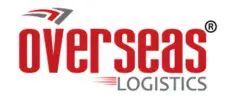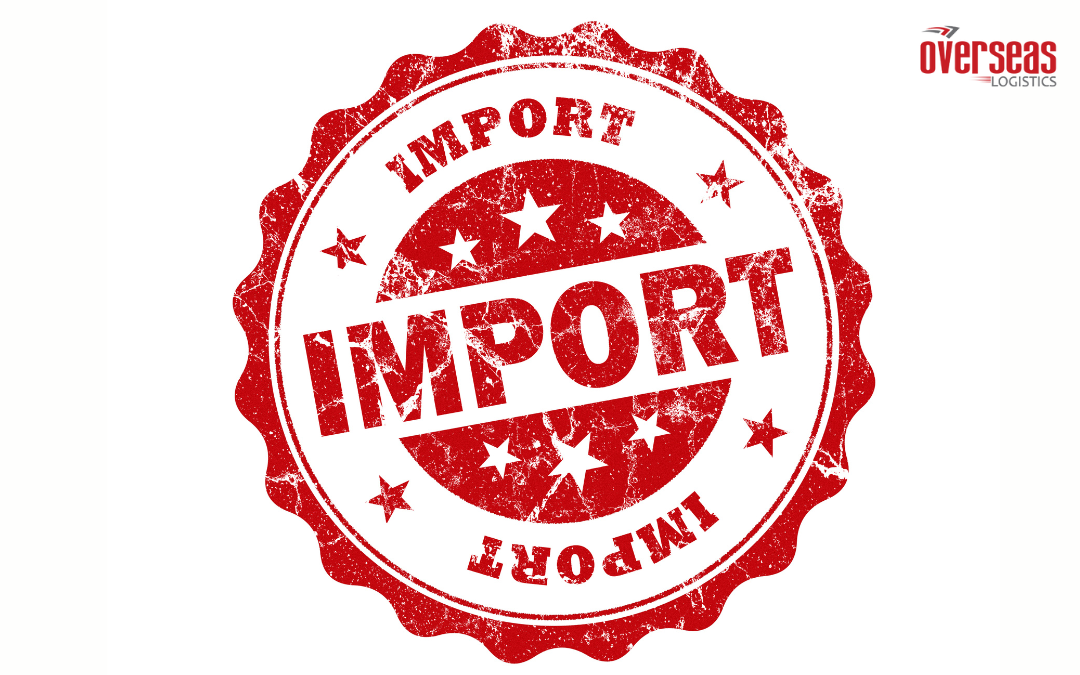In the era of international trade, the journey of imported goods is paved with various charges, and one that often takes businesses by surprise is the Social Welfare Surcharge (SWS). Unveiled in the Finance Budget of 2018, the SWS is not just another duty; it’s a silent contributor to the government’s commitment to education, health, and social security. As you delve into the intricacies of global trade, understanding the nuances of the SWS becomes imperative to safeguard your profit margins.
Deciphering Social Welfare Surcharge
What is Social Welfare Surcharge?
The Social Welfare Surcharge, standing at 10% of the aggregate of duties, taxes, and cesses, has a unique role in the customs framework. Unlike conventional duties, this surcharge is a financial nod towards societal welfare. It’s not merely a transactional cost but a commitment towards the greater good.
Calculating the Social Welfare Surcharge
The calculation of SWS adds an extra layer of complexity. Contrary to intuition, it’s not based on the value of the imported goods alone. Instead, it hinges on the aggregate of all applicable duties, taxes, and cesses. If your import ledger sums up to INR 100,000, brace yourself for an additional INR 10,000 as SWS. Notably, a recent CBIC circular clarified that if customs duties aggregate to zero, the SWS becomes nil, even without explicit exemption.
Exclusions Unveiled
Safeguard Duty and Its Dance with SWS
Safeguard duty, a shield against sudden import surges doesn’t play a part in SWS calculation. While safeguard duty is a necessary market corrective, its transient nature makes it an outlier in the consistent landscape of social welfare contributions.
Countervailing Duty: A Sidelined Player
Countervailing duty, countering foreign subsidies, aims to level the playing field. Yet, it remains excluded from the SWS calculation. Why? Because its purpose is not revenue generation but restoring equilibrium between domestic and foreign goods.
Anti-dumping Duty’s Silent Stand
Anti-dumping duty, combatting unfair trade practices, stands outside the SWS calculation. Its exclusion aligns with its protective nature, ensuring fairness in the market rather than feeding into social welfare projects.
SWS Levied Under Sub-section (1): An Excluded Enigma
Interestingly, the SWS levied under sub-section (1) remains aloof from the SWS calculation. This exclusion prevents a recursive loop, maintaining a clean calculation based on well-defined duties, taxes, and cesses.
Customs Act 1962: The Architect of SWS
The Customs Act 1962 forms the backbone of import and export regulation in India, permeating the facets of the SWS. From assessment and levy to refunds and exemptions, the Act ensures a uniform and effective application of the surcharge.
Navigating Through Customs Act Impacts
- Assessment and Levy: The Customs Act provides the groundwork for accurately determining the SWS amount, calculated at 10% of the aggregate of customs duties.
- Non-Levy and Short-Levy: Mechanisms for recovery in case of non-levy or short-levy ensure the proper collection of SWS, aligning with social welfare objectives.
- Refunds and Exemptions: Customs Act provisions for refunds and exemptions extend to the SWS, preventing undue burdens on importers.
- Interest: Any delay in SWS payment attracts interest, reinforcing timely contributions to social welfare.
- Appeals: Dispute resolution, a crucial element, follows the structure outlined in the Customs Act 1962, ensuring fairness and transparency.
Social Welfare Surcharge: More Than a Duty
In conclusion, the Social Welfare Surcharge transcends its label as a customs charge. For eCommerce businesses, it signifies more than compliance; it’s a conscious step towards contributing to the nation’s social progress through each imported item.
We trust that this guide has equipped you with the knowledge to navigate customs complexities with confidence, fostering a socially secure future. In the dynamic world of import-export, considerations like AD code, import-export code, etc., play pivotal roles in ensuring swift customs clearance and seamless international trade.
FAQs
Is the social welfare surcharge refundable?
No, the social welfare surcharge is non-refundable. CBIC clarifies that it is a cash payment and doesn’t offer refunds through duty credit scrips.
Can we claim a social welfare surcharge?
Yes, a social welfare surcharge can be claimed. Calculated at 10% of customs duty, it contributes to social welfare objectives.
Is social welfare surcharge charged on gold?
No, gold imports are exempt from the Social Welfare Surcharge, reflecting the government’s policy decisions.
What is the full form of SWC in import?
Social Welfare Cess is the full form of SWC in import, embodying the financial commitment to societal well-being.
What is CVD in import duty?
Countervailing Duty (CVD) in import duty neutralizes the advantage of lower-priced foreign goods, safeguarding domestic industries and promoting fair competition.

